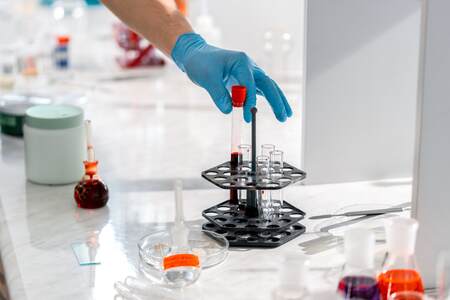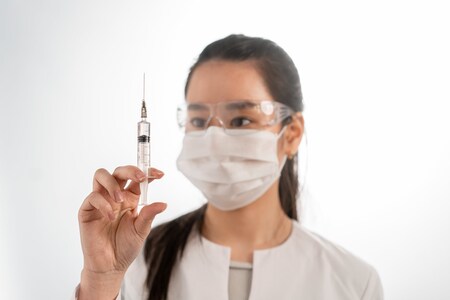Cervical cancer is a serious health concern that affects women globally. The good news is that with proper awareness, screening, and lifestyle choices, the risk of developing cervical cancer can be significantly reduced. In this comprehensive guide, we’ll explore expert-backed tips to help you navigate cervical cancer prevention and prioritize your health.
Understanding Cervical Cancer:
Cervical cancer is primarily caused by the human papillomavirus (HPV), a common sexually transmitted infection. The virus can lead to changes in the cervix, potentially progressing to cancer over time. Regular screening, early detection, and vaccination against certain strains of HPV are crucial steps in preventing cervical cancer.
Expert-Backed Tips for Cervical Cancer Prevention:
Regular Pap Smears and HPV Testing:

Routine screenings, such as Pap smears and HPV tests, play a pivotal role in detecting abnormalities in the cervix early on. Experts recommend starting cervical cancer screenings at the age of 21 or earlier, depending on individual health factors.
HPV Vaccination:

Vaccination against specific HPV strains is a proactive measure to prevent cervical cancer. The vaccine is typically administered during adolescence but can be given to individuals up to the age of 26. Consult with a healthcare professional to determine the best vaccination plan for you.
Practice Safe Sex:

Consistent and correct condom use can reduce the risk of HPV transmission and other sexually transmitted infections. Open communication with sexual partners about sexual health is essential for a proactive approach to prevention.
Quit Smoking:

Smoking is a known risk factor for cervical cancer. The harmful substances in tobacco can weaken the immune system, making it less effective in fighting off HPV infections. Quitting smoking is a significant step toward reducing cervical cancer risk.
Maintain a Healthy Lifestyle:

Adopting a healthy lifestyle, including a balanced diet rich in fruits and vegetables, regular exercise, and maintaining a healthy weight, supports overall well-being. A strong immune system is better equipped to combat HPV infections and prevent the progression to cervical cancer.
Limit the Number of Sexual Partners:

Limiting sexual partners and avoiding high-risk behaviors can contribute to reducing the risk of HPV transmission. Being mindful of sexual health practices is an essential aspect of cervical cancer prevention.
Regular Health Check-ups:

Aside from specific screenings, regular health check-ups with your healthcare provider allow for comprehensive assessments of your overall well-being. Discuss any concerns or symptoms promptly to address potential issues early.
Cervical cancer prevention is achievable through a combination of screenings, vaccinations, and healthy lifestyle choices. By following these expert-backed tips and staying vigilant about your reproductive health, you empower yourself to take control of your well-being. Prioritize regular check-ups, screenings, and open communication with healthcare professionals to ensure a comprehensive approach to cervical cancer prevention. Remember, knowledge and proactive measures are your strongest allies in the journey toward a healthier future.
Read all the Clue info Latest News, Trending News, Cricket News, Bollywood News, India News and Entertainment News here. Follow us on Facebook,and Instagram.


